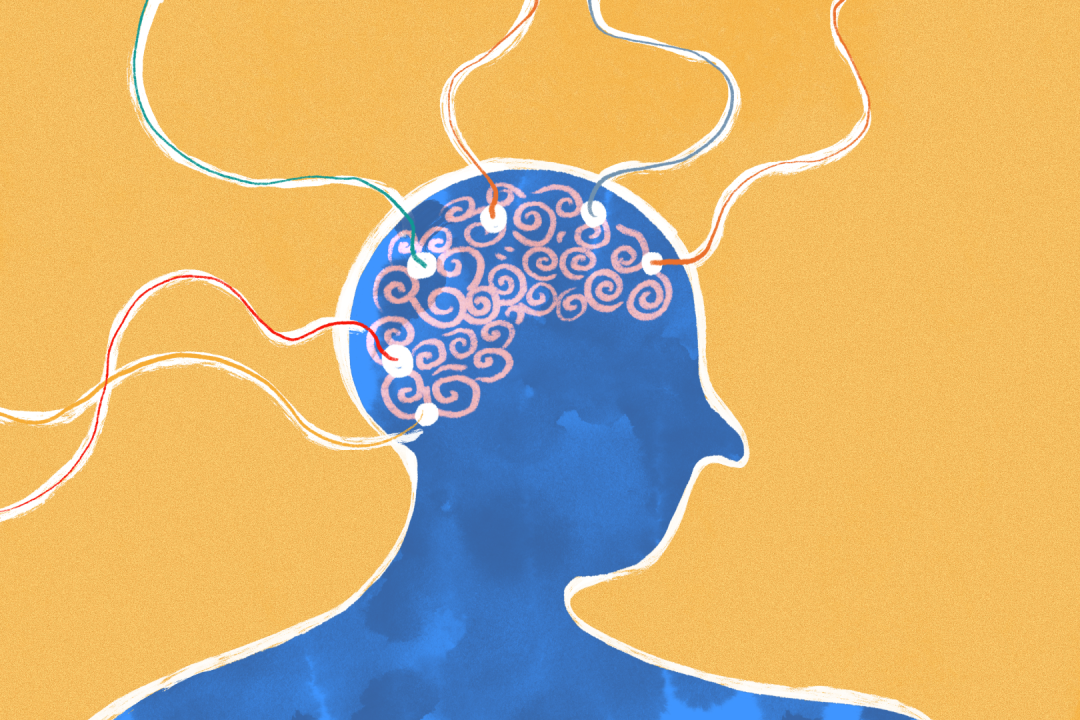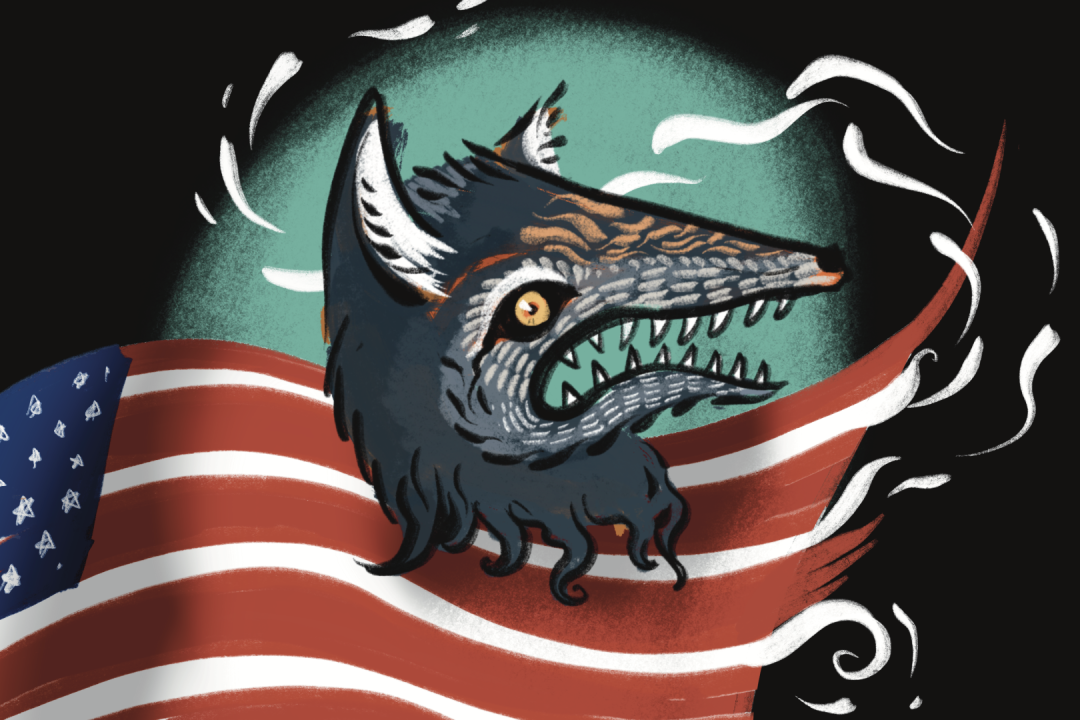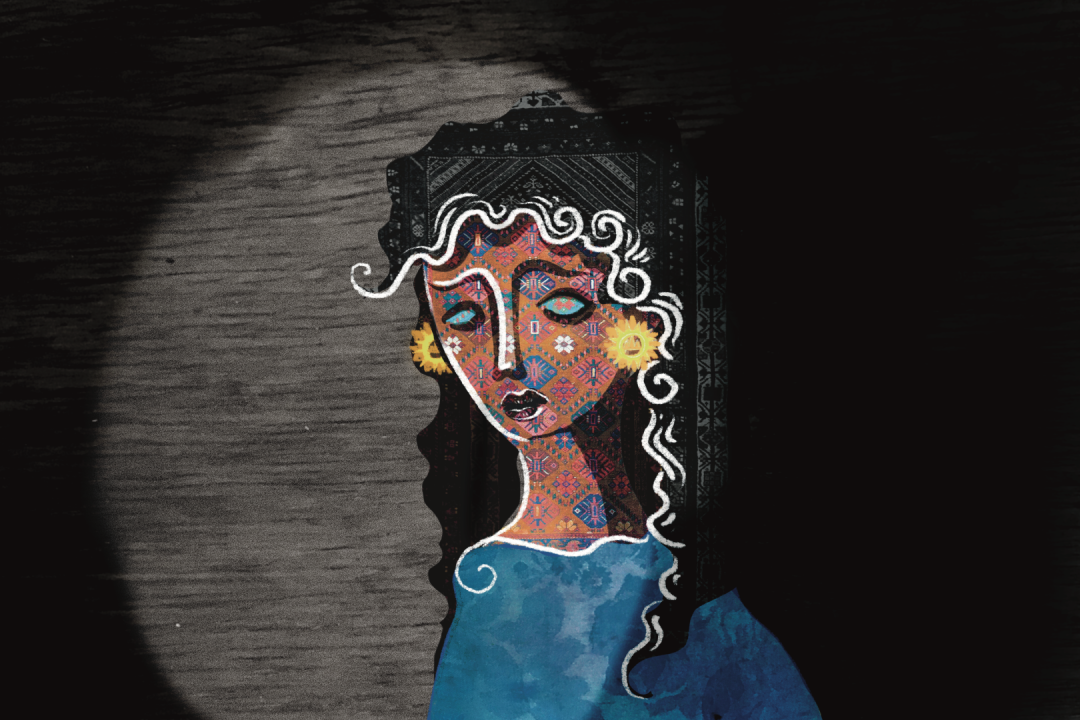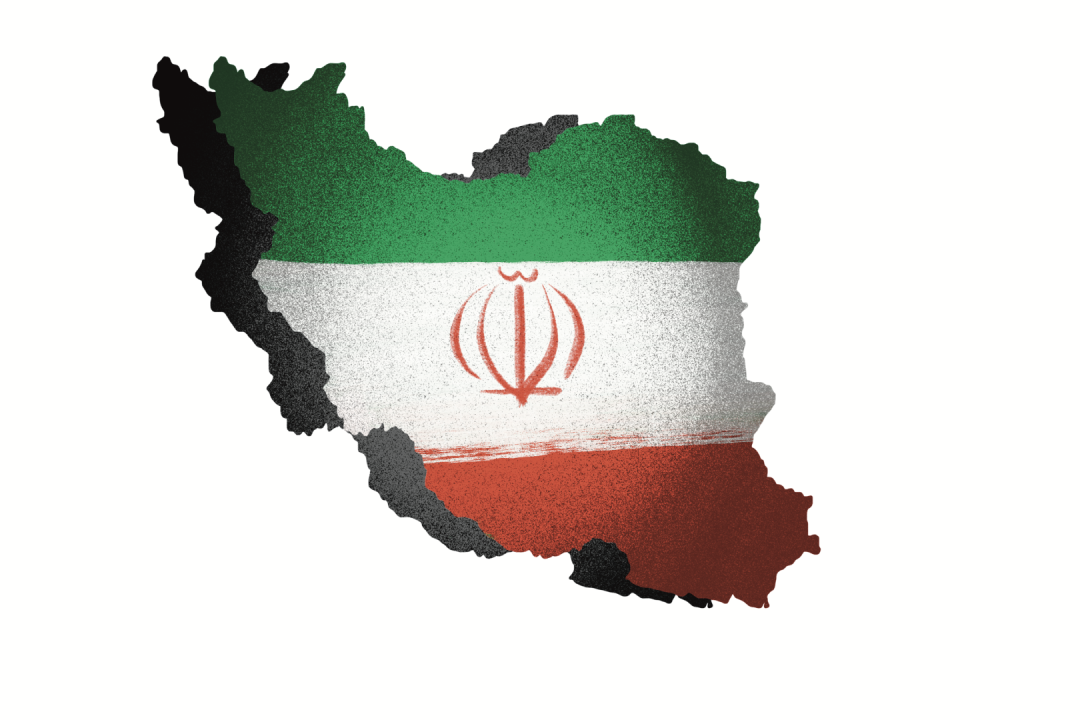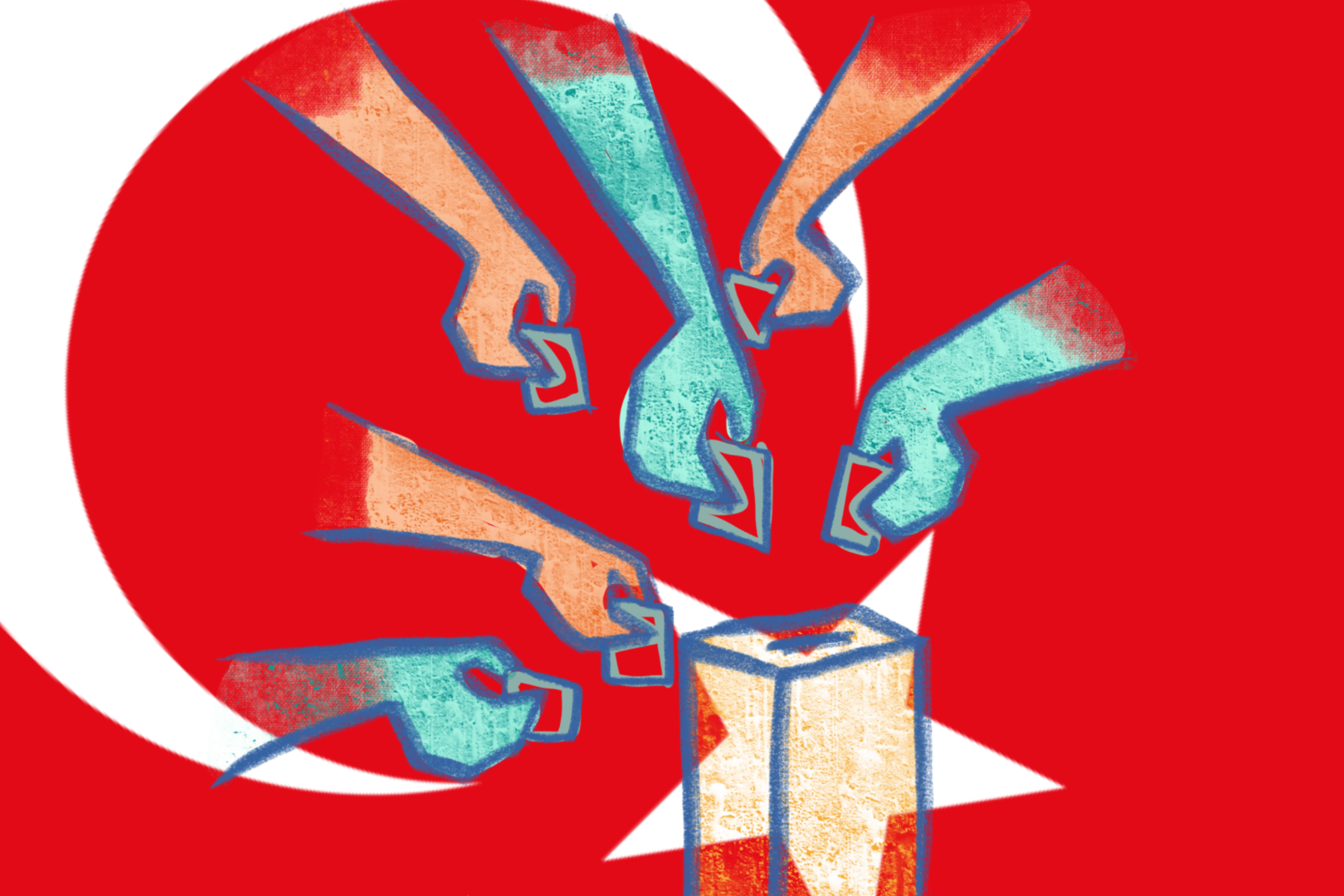
How Do Turkish Politicians From the Right Adopt Populism: Short History of AKP
By: B.E
Background:
In May of this year, the average Turkish voter will approach the ballot boxes to elect a new president for their country. As far as the current decisions are concerned, they will have to choose one out of 4 candidates who in turn will become leader of a country that has deep and historical connections with multiple conflicts surrounding the Middle East .
They stand, perhaps many confused, wondering why Muharrem Ince, a previous candidate from the Republican People's Party (Cumhuriyet Halk Partisi-CHP) has his own political party and platform with many others doing the same, establish new political parties, from disputes and disagreement from the previous ones, with a massive following.
Perhaps it might be confusing, but for many citizens, it is a tradition for Turkish politics to include political platforms and rallies that are anti-elitist by nature, especially, when they are born from freshly new politicians.
So how does this fragile democracy react to this reasoning? Why do they find leadership more important and decisive than political ideologies or if they even find the latter convincing, they are oftentimes inseparable to a leader.
History:
Most of modern day Turkish policies and its delicate system is centered around the events of the early 20th century when Mustafa Kemal Ataturk, a military commander, established the Republic of Turkey from the remains of the Ottoman Empire.
His harsh crackdown on opposition and authoritarianism was the most powerful tool to defend his well known secular and liberal reforms. He would disregard the rule of the land while at the same time, would push for a latin based alphabet. While he was busy securing women’s emancipation and promoting education, he assured that the clergy had no power over the affairs of the people.
This unhealthy relationship between progressive reforms, which offered various rights and opportunities to Turkish people, and disregard for the democratic process and centralisation of power meant that Atautrk was unwilling to consider everyone’s opinion, a constant reality for Turkey in the upcoming years.
After Ataturk’s death, his successors knew they had to implement a multi-party system and when the CHP rival party, the Democratic Party (DP), won the elections of 1950, the elite remnants of Atautrk’s authoritarian government saw how the DP adopted a populist narrative that was socially conservative, economically liberal, and anti establishment in nature which appealed to the larger rural and mostly religious Turks who felt alienated from Ataturk’s enlightenment reforms.
The resulting power dynamics left a huge mark on the rest of Turkey's history. A political platform would assert dominance through careful and intelligent moves to adopt power through speech and a strong elite bureaucracy is removed.
However, multiple coup d'etat showcased how deeply concerned Turkey’s military is to defend its secular foundations and how they would have any means, be it democratic or authoritarian, to depose that tradition.
But this way of asserting one policy costed Turkey deep internal and ideological instabilities that remained prevalent for many deceased which saw the rise of various hardline factions, be it the ultranationalism of MHP, or the student-leftist movement of 1968. It eventually grappled Turkey’s intelligentsia into a deep existential inquiry into the nature of their government since the alienation they largely felt after various military takeovers identified the majority of the population as separable from the elite.
One such movement, seeing the downfall of the Ottoman Empire, was the deposition and ultimate execution of DP prime minister Adnan Menderes who was deposed and later executed for pushing to draw back on some of the anti-Islamic rhetoric.
Islamist hardliners came in various forms in Turkey. The largely sentimental population, has a deep and long rooting connection with Islam, and political Islam which saw an increase in the late 20th century. Amongst the many of those politicians was a largely irrelevant, young, and upcoming politician called Receb Tayyib Erdogan.
Erdogan’s humble origins, his intense devotion to Islamism, and his anti-establishment rhetoric were very helpful for his political career. Having been serving as mayor of Istanbul in the 90s, he was later arrested for reciting an Islamist poem.
He formed the Justice and Development Party (AKP) alongside other like-minded Islamists and the hopes of reforming the Islamist narrative to reach a larger audience.
Despite being socially conservative and highly religious, Erdogan nevertheless was able to form a modest alliance with elite businessmen to reform Turkey’s economy to become a neoliberal haven.
Erdogan managed to raise his popularity for almost 2 decades as he was able to channel various issues through investment, and using the economic crisis in Turkey to his own advantage.
Throughout this period, the economy of Turkey led to a sharp increase in which the dominance of AKP grew intensely larger. If this was not enough, Erdogan was also a prominent speaker defending Minority rights and promoting Kurdish basic rights and infrastructure on the eastern side.
But his political ambitions largely succumbed to his ideological beliefs, that being authoritarianism and a form of islamism that made Turkey heavily dependent on its Muslim religious foundation. Since then, the majority of Turkey’s population is still Muslim.
Turkey is approaching a new election and the political landscape is shaped by the legacy of populism and authoritarianism. For more than 20 years, the AKP has been in power under Recep Tayyip Erdogan, changing Turkish politics with a mix of economic liberalism and social conservatism. However, Erdogan's power consolidation has come at the expense of democracy and human rights.
Turkey faces major challenges, such as economic instability and tensions with neighboring countries. The next leader will need to find a balance between these competing demands. As Turkish voters head to the ballot boxes, they must consider the trade-off between stability and economic growth versus the risks of authoritarianism and populism.
The future of Turkey's democracy depends on the choices of its citizens.

